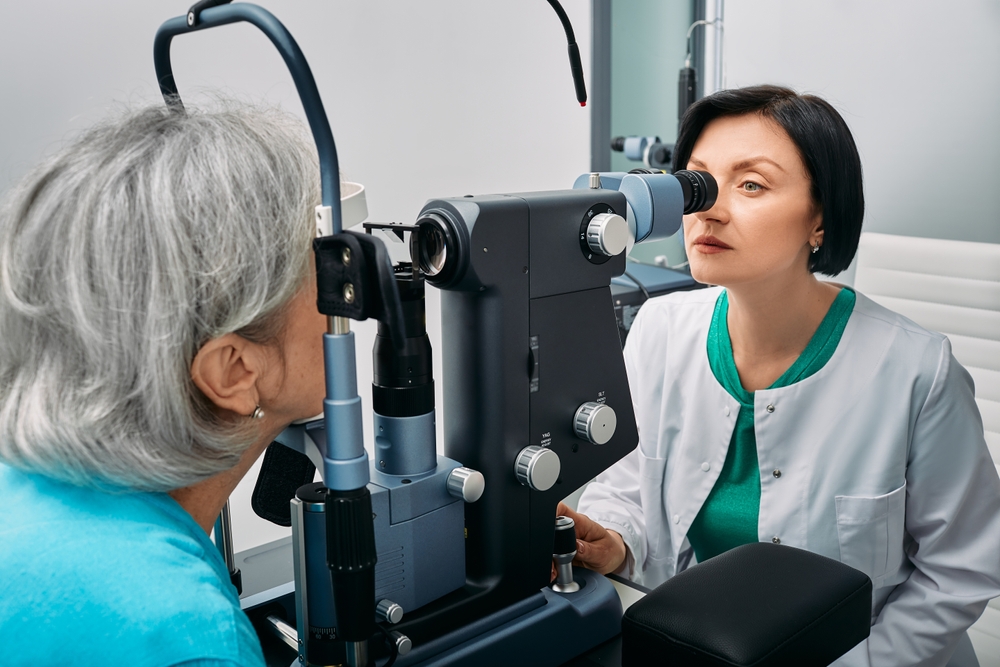
Glaucoma is a group of eye diseases that gradually steals sight without warning. Often, the loss of vision can occur so slowly that it may not be noticeable until the disease is at an advanced stage. Early detection of this illness is critical to prevent blindness.
What is Glaucoma Screening?
Glaucoma screening is a series of tests conducted by eye doctors to look for initial signs of the disease. This includes measuring eye pressure, inspecting the drainage angle of your eye, evaluating the optic nerve for damage, and assessing for areas of vision loss through visual field testing.
It is important to note that having high eye pressure alone does not mean you will develop glaucoma. Some individuals can tolerate higher eye pressure better than others. A comprehensive glaucoma screening is essential to determine whether you are at risk.
The glaucoma screening process is painless and takes about 15 to 30 minutes. It is essentially a preventative measure, and just like regular check-ups for blood pressure or diabetes, regular glaucoma screenings can potentially save your sight.
Why is Glaucoma Screening Essential?
Early detection of glaucoma is vital because damage caused by the disease is irreversible. Regular glaucoma screening enables early intervention, which can significantly reduce the risk of severe vision loss or blindness.
Glaucoma screening is particularly crucial for those with a high risk of the disease. This includes individuals over the age of 40, those with a family history of glaucoma, and people with certain medical conditions like diabetes or hypertension.
Glaucoma often presents no symptoms until significant vision loss has occurred. This silent progression makes the disease particularly dangerous as you may not notice anything abnormal until the optic nerve is already significantly damaged. Routine glaucoma screenings are a proactive approach to protect your vision.
Who Needs Glaucoma Screening?
Anyone can develop glaucoma. However, certain groups are at a higher risk. It is recommended that individuals over the age of 40, those with a family history of glaucoma, and people with high eye pressure have regular screenings.
Individuals with certain medical conditions are also at a higher risk, and therefore, regular screenings are essential. These conditions include diabetes, heart diseases, high blood pressure, and sickle cell anemia.
Lastly, certain lifestyle factors such as prolonged corticosteroid use, severe nearsightedness, and previous eye injuries also increase one's risk. If you fall into any of these categories, regular glaucoma screenings should be an essential part of your healthcare routine.
Safeguarding Your Vision through Glaucoma Screening
Glaucoma is a serious eye disease that can lead to blindness if not detected and treated early. Regular glaucoma screenings are essential, especially for individuals with a high risk of the disease. These screenings are a preventative measure that can save your sight.
Schedule your glaucoma screening today and take a step towards protecting your vision. Visit Hedges Eye Care at our Newberry, Florida office. Call (352) 306-1103 to book an appointment today.








